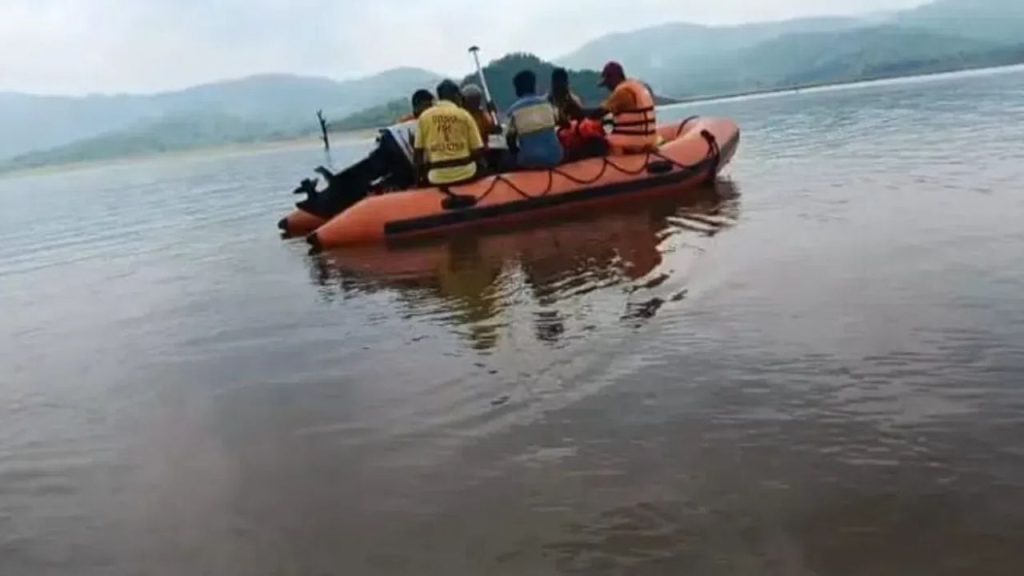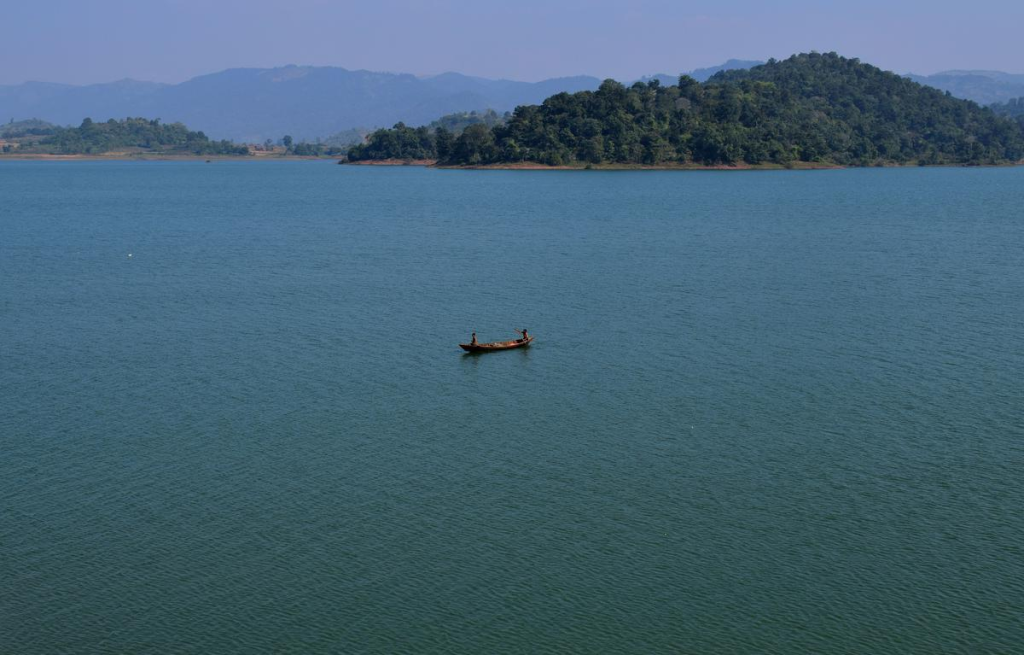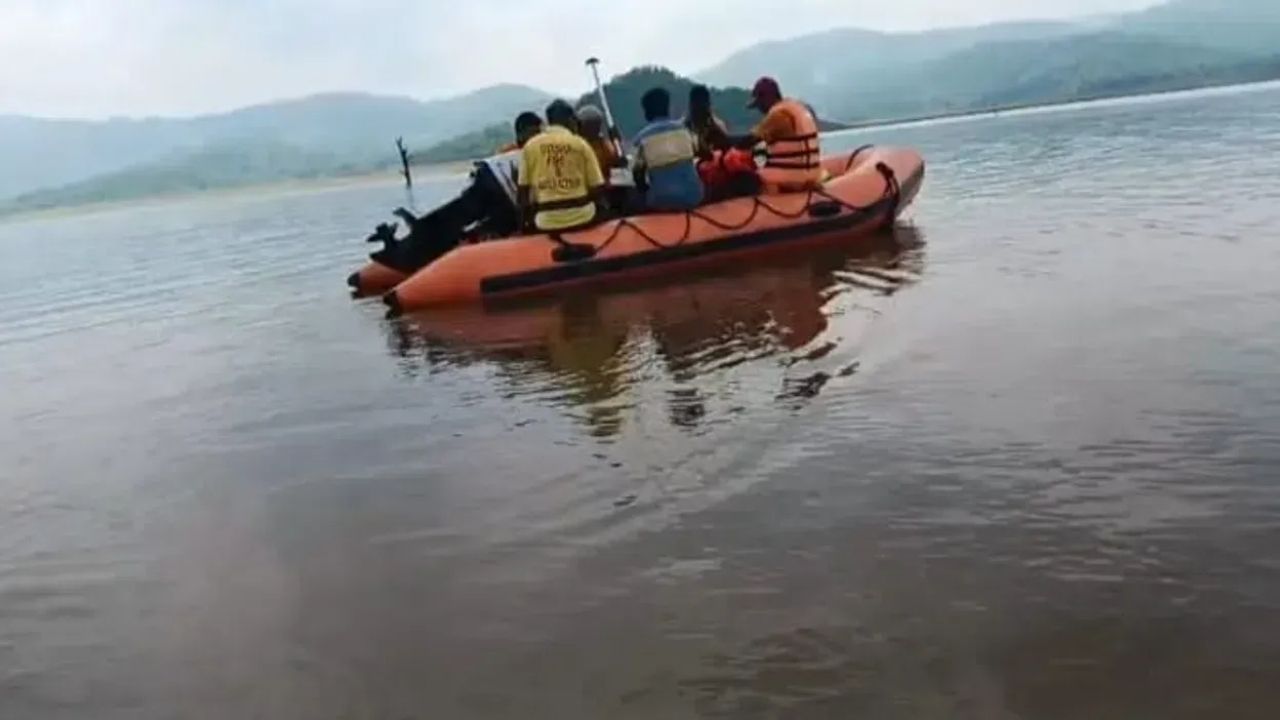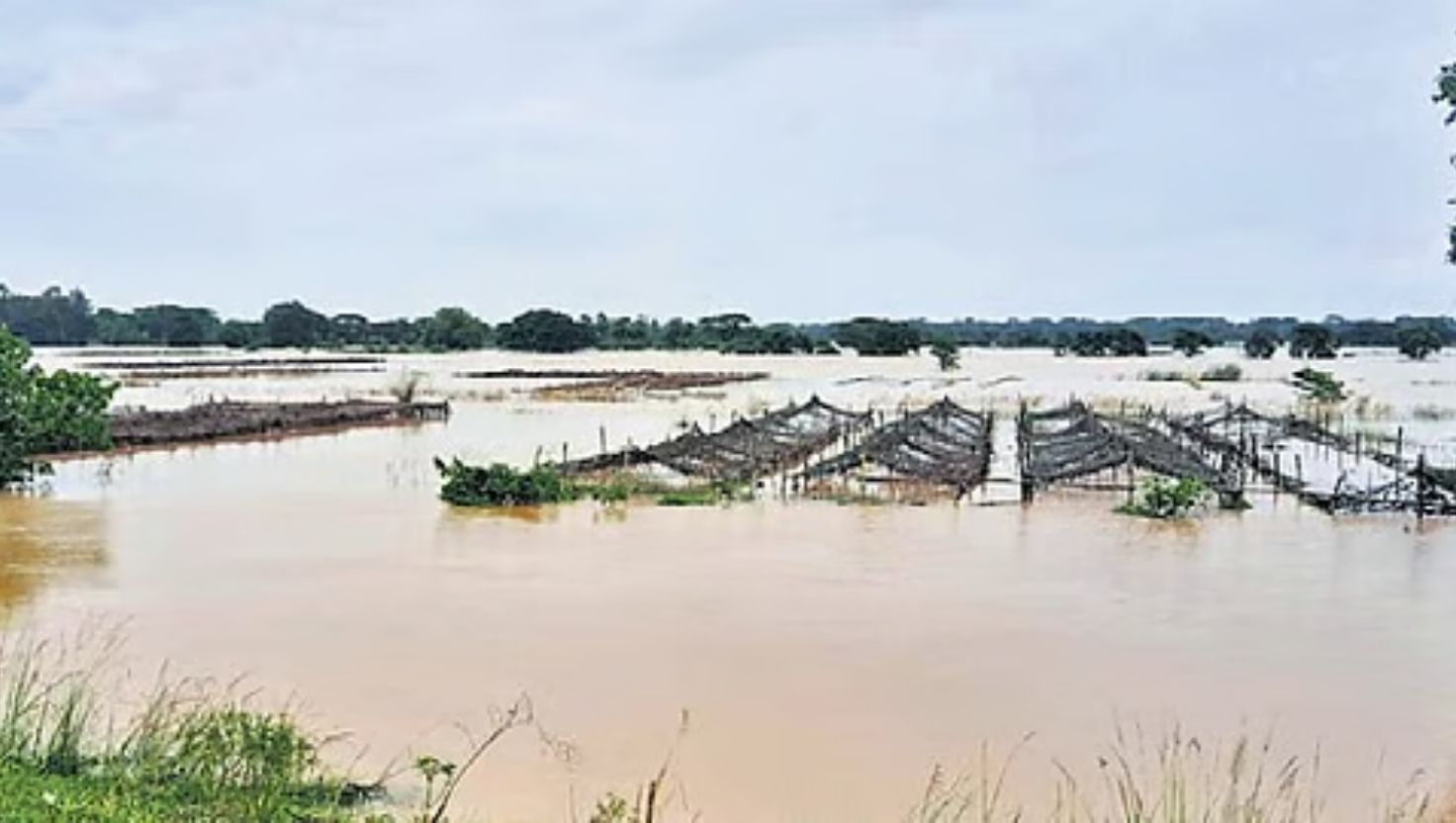When the heartbreaking news broke that a fisherman had drowned in the Balimela Reservoir, emotions ran high throughout the Malkangiri district of Odisha, India. What may have seemed like a routine ferry ride turned into a tragedy that reverberated far beyond the small tribal villages nearby. This wasn’t just another boating mishap — it was a tragic illustration of how underprepared our rural communities often are when facing the fury of nature. This incident has brought urgent attention to issues like water safety, emergency infrastructure, and the fragility of life in India’s tribal regions.

The man at the center of the tragedy was Shankar Palasi (some reports list his age as 20, others as 36), a local resident trying to help two women cross the reservoir on June 6, 2025. That afternoon, a fierce nor’wester, also known locally as a ‘Kal Baisakhi’ storm, ripped through the water, flipping their small wooden boat like a matchstick in the wind. While the women were rescued by villagers, Shankar didn’t make it. His family reported him missing that evening. A 24-hour search operation, involving fire and emergency personnel, local police, and villagers, was launched. The search ended in the recovery of his body the next morning near Bakuli Ghat.
Search Operation Launched After Fisherman Drowns
| Topic | Details |
|---|---|
| Victim Name | Shankar (Sanka) Palasi |
| Age | Reported as 20 and 36 in different sources |
| Location | Balimela Reservoir, Malkangiri, Odisha, India |
| Cause | Boat capsized due to storm (Nor’wester) |
| Search Duration | Approx. 24 hours |
| Rescue Agencies | Odisha Fire Services, Local Police, Villagers |
| Official Source | OdishaTV.in |
The death of Shankar Palasi is more than just another name in the headlines. His story serves as a mirror reflecting the everyday struggles and systemic failures of India’s rural populations. If we take this moment to learn, educate, and implement even small safety measures, we can prevent future tragedies. Let this be a turning point where empathy turns into action, and awareness leads to safety.
The Balimela Reservoir: A Double-Edged Sword
The Balimela Reservoir plays a dual role in the lives of the people who live near it. On one hand, it’s a vital lifeline — providing water for irrigation, drinking, and fishing. On the other, it’s an untamed force of nature that has claimed too many lives. This man-made reservoir, which is part of a major hydroelectric project, straddles the Odisha-Andhra Pradesh border and serves thousands of people.
Key roles of the Balimela Reservoir:
- Powers a hydroelectric project generating energy for the state
- Supports agriculture through irrigation
- Offers a source of income via fishing and small-scale transport
- Serves as a key logistical and strategic point for security forces, especially given the region’s troubled history with Maoist activity (Wikipedia)
However, many boats on the reservoir are homemade or old, without safety measures like life jackets or emergency communication tools. And there is no official mechanism to warn locals about incoming storms.
What Really Happened That Day?
Here’s a detailed timeline:
- Afternoon, June 6: Palasi boards a wooden boat with two women to cross the reservoir.
- Sudden Storm: A Kal Baisakhi storm hits with strong winds and rain, flipping the boat.
- Immediate Rescue: Local villagers spot the incident and manage to save the women.
- Shankar Missing: Palasi disappears beneath the surface.
- Search Begins: Family and locals notify authorities. A rescue team is assembled.
- Recovery: After a full day, the body is located and recovered near Bakuli Ghat.
Locals reported seeing dark clouds and felt the wind speed pick up just before the incident. Yet, without any warning system or sirens, there was no way to prepare.
Why These Incidents Keep Happening
This isn’t an isolated incident. In February 2024, two girls tragically lost their lives when another boat capsized in the same reservoir. The recurring nature of these tragedies reveals a disturbing pattern.
What are the Root Causes?
- No life jackets or emergency supplies on most boats
- Unskilled boat operators and lack of training
- Outdated boats, often made of wood or metal without stability testing
- Infrequent patrols or oversight by water safety authorities
- No early storm warning systems in remote tribal areas
What the Numbers Say
According to the National Crime Records Bureau (NCRB), over 8,000 people drown every year in India. Most of these cases occur in non-urban, low-resource areas where basic water safety norms aren’t practiced. (NCRB 2022 Report)

What Can Be Done? (And How You Can Help)
This tragedy should serve as a wake-up call. There are actionable steps that can be taken by various groups:
For Local Communities
- Stock up on life jackets: Even if shared among boats, they make a difference.
- Weather awareness: Free apps like IMD Weather and AccuWeather offer updates in multiple languages.
- Buddy boating: Travel with at least two people per boat, and ensure one person can swim.
- Emergency plans: Designate contact points, signal methods, and basic rescue training in the community.
For Government Agencies
- Launch state-wide safety awareness campaigns
- Provide subsidies or free kits that include life vests, ropes, and radios
- Set up weather warning stations with sirens around the reservoir
- Mandate boating licenses and offer free training programs
For NGOs, Corporates & Schools
- Introduce swimming lessons in schools
- Hold mock drills and simulations in villages
- Fund community safety hubs with helpline phones and first-aid kits
For Tourists and Urban Visitors
- Book only registered boats with verified safety certifications
- Always wear life jackets even for short rides
- Avoid water activities during storm season (March-June)
Similar Cases Across India
Let’s look at how this isn’t a localized issue:
- Assam: Dense fog and no communication gear led to the loss of fishermen in the Brahmaputra River.
- Karnataka: Students drowned during an unmonitored college trip to a river.
- Bihar: During annual floods, rural communities lose both lives and livestock due to lack of early warnings.
Odisha Crime Branch Interrogates Person Who Tried to Prevent Self-Immolator’s Death
Man Consumes Poison After Police Inaction in Daughter’s Abduction Case in Odisha
Odisha BJP Asserts Opposition Lacks Moral Authority on Women’s Issues
These stories form a national pattern that needs urgent attention.
FAQs
Q: Why is the Balimela Reservoir considered dangerous?
A: It’s deep, vast, and has no proper safety protocols in place. Sudden storms, lack of equipment, and outdated boats make it a death trap in certain conditions.
Q: Are there any early-warning systems in place?
A: Not currently for tribal and rural populations. This is something that NGOs and government agencies need to prioritize.
Q: What are the main challenges in fixing this issue?
A: Funding, awareness, and accessibility. Rural areas are often last in line for new tech or safety gear.
Q: Can outsiders help?
A: Absolutely. Volunteering, donations, or spreading awareness helps. Organizations like SEEDS India and Save the Children are actively working on rural safety.





